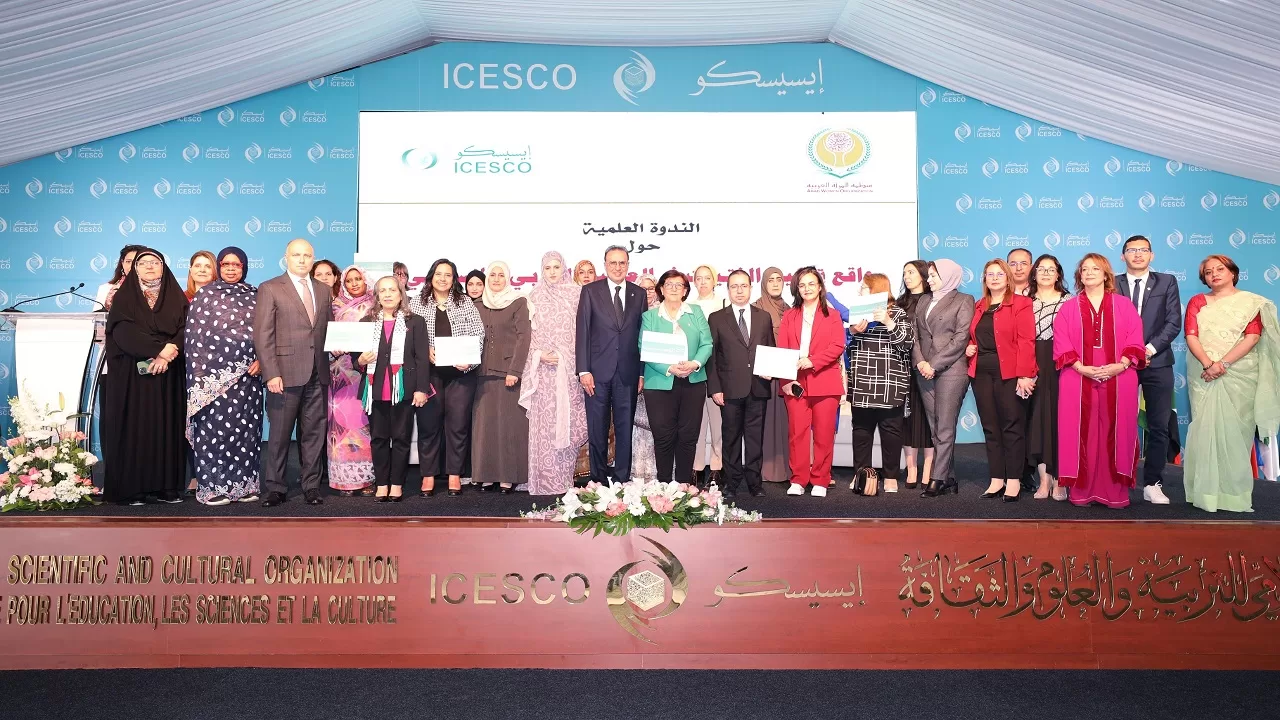
Earth Day in the time of the Coronavirus pandemic: ICESCO calls for preserving the Earth for future generations

22 April 2020
Is what we are going through today a new call from nature to guide us towards a brighter future? It seems that the Earth is restoring its rights. While Earth and humans form a unified entity, the planet has been sustaining man’s existence for thousands of years. Thus, he is the one much concerned with its riches and resources.
On the occasion of Earth Day, which is celebrated this year in different circumstances due to Coronavirus pandemic (COVID-19), we must ask ourselves some questions and answers based on the concrete realities surrounding us. Do we pay due attention to our planet? Does our behaviour lead to its preservation or destruction? Can human practices be considered responsible relative to this planet? If so, what are the prospects of making such practices favourable and beneficial to all?
The answers to these questions are undoubtedly not encouraging. Despite awareness of the importance of protecting the environment to sustain the planet and life on it, humans continue to squander its natural resources and spread pollution by relishing economic and social interests over protecting the environment. The situation has exacerbated immensely to harmful levels that threaten the very existence of humanity and led to the Ozone hole and the growing impact of the global warming phenomenon, which has resulted in climate change and posed dangers to human life.
Perhaps, the COVID-19 crisis is an opportunity to reflect on the negative impact of human footprints on Earth. According to recent studies, the Ozone hole has been recovering gradually since the pandemic outbreak due to the decrease in the use of chemicals, greenhouse emission, aerial, ground and maritime traffic. Due to the measures taken following the COVID-19 outbreak, the rate of greenhouse emission in areas suffering from higher levels dropped by 25% as a result of production slowdown and social distancing.
Satellites also spotted a significant decrease in nitrogen dioxide pollution levels and a general improvement in the air quality at the global level. Also, many scientists stated that Coronavirus pandemic might lead this year to a worldwide drop in carbon dioxide pollution to its lowest rate in 70 years, as it plummeted by more than 5% compared with the same period last year. However, scientists warned that these levels might increase again or worsen with the resumption of the usual economic and social activities post-crisis scenario.
However, we cannot lose hope and should remain optimistic that humanity is heading towards a better future. It prompts us to ponder upon the question of future ethics and how we can capitalize on this pandemic. Learn from the positive changes it caused and ensure their sustainability and avoid causing harm to future generations by assuming our responsibilities towards the continued protection of our environment.
Against this backdrop, and in observance of Earth Day, Islamic World Educational, Scientific and Cultural Organization (ICESCO) stressed the need to adopt these ethics and work on achieving them according to a comprehensive developmental approach. As such, ICESCO calls for:
1. Anticipating the repercussions of this pandemic crisis and considering possible future scenarios;
2. Dealing with the crisis in the short and immediate future and lay the foundations for the medium and long term goals;
3. Exerting the necessary stringent measures in dealing with environmental issues and anchoring the sense of responsibility towards future generations.



